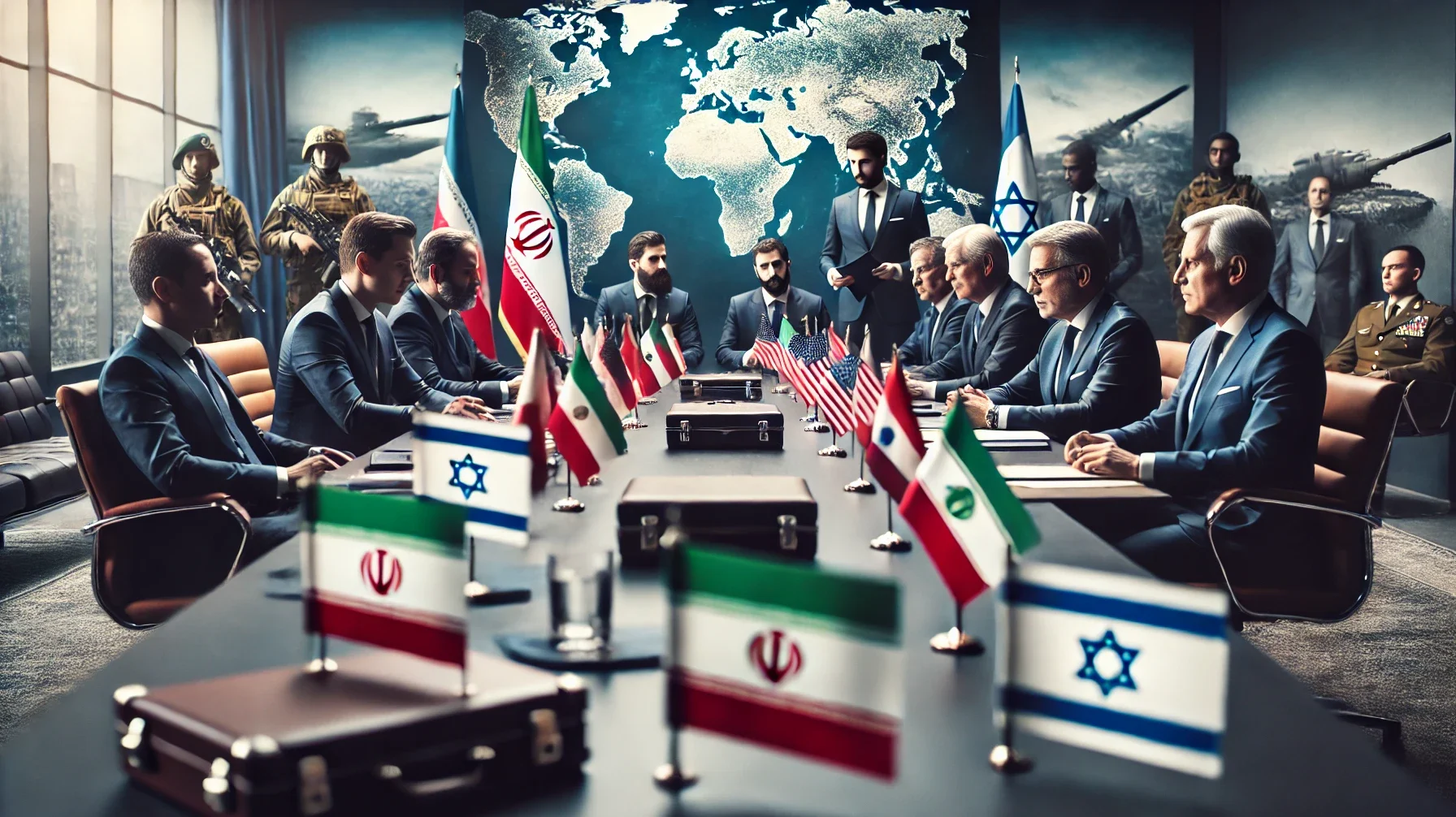Iran’s Response: All Parties Are Reviewing Their Calculations
An-Nahar, Lebanon, August 12
It is no longer a secret that the diplomatic efforts to address the crisis following the assassinations of Hamas Political Bureau chief Ismail Haniyeh in Tehran and Hezbollah military commander Fuad Shukr in Beirut have gained significant momentum in recent days. The situation is more complex than just retaliating for an assassination here or an affront there. This time, the repercussions will be severe if Tehran and its Lebanese ally, Hezbollah, follow through on their threats to deliver a harsh, painful blow to Israel. Observers of the propaganda campaign in both Iran and Lebanon, in the wake of these high-profile killings, recognize the moral quandary that Tehran and Hezbollah find themselves in. The ongoing conflict in Gaza has not ceased despite pressure from Israel’s northern border and Yemen. The Israeli government is not in a rush to conclude the war, considering its broader strategic calculations beyond merely responding to the Al-Aqsa Flood operation. For Israel, the stakes are existential, both in Gaza and its periphery. The prevailing belief among Israeli elites is that Gaza should never again pose a threat to Israel. The situation in Lebanon shares similarities with Gaza, but there is a notable distinction. Israel is attempting to alter the status quo through diplomatic channels and international guarantees of security and political stability, aiming to avoid a war it does not currently seek. Nonetheless, Israel acknowledges that a decisive war with Hezbollah is inevitable, though the present government, preoccupied with the Gaza conflict, prioritizes resolving the challenges there before addressing Lebanon, which will eventually become an existential issue in the medium term. Iran is acutely aware that the key issue is not just responding but responding to a potential retaliation. Therefore, Tehran is weighing its options on three fronts: military engagement, the significant Western pressure that exacerbates the cost of any response, and the internal political dynamics post-recent presidential elections. These internal dynamics reflect the renewed struggle between the conservative and reformist factions, particularly following Masoud Pezeshkian’s presidential victory and the subsequent appointment of former Foreign Minister Mohammad Javad Zarif as vice president for strategic affairs. However, Zarif’s recent resignation, under ambiguous circumstances, has added another layer of complexity. Leaked statements reveal his opposition to prioritizing the Palestinian issue over domestic concerns, positioning him as a critical voice within the administration, albeit one that is now potentially sidelined. The internal debate, particularly regarding how to respond to Israel, underscores a significant issue within the new government. It is evident that the new president is not averse to responding but advocates for a measured approach. He supports a restrained response, akin to the limited attack that occurred on April 13-14, to avoid escalating the conflict, which could empower the Revolutionary Guards faction and jeopardize his administration’s standing. The Western stance, articulated by the Quintet of the United States, Britain, France, Germany, and Italy, in strong support of Israel, along with an unprecedented American military presence in the region, underscores the caution Tehran must exercise. The message is clear: An excessive Iranian response would come at a steep price. Additionally, Israel is poised to retaliate forcefully, ensuring that Iran understands the severe consequences of targeting Israel under any circumstances. Nevertheless, the risk of miscalculation remains high, particularly on the part of Iran or Hezbollah, which could inadvertently trigger a severe confrontation. Such a scenario might be exploited by Israel to settle old scores with Hezbollah in Lebanon, under the pretense of reshaping the northern border dynamics. Israeli security officials are acutely aware that Hezbollah’s capabilities must not be underestimated. However, their strategic thinking extends beyond the immediate concerns to contemplate what the geopolitical landscape will look like along the northern border by 2030 or 2035. This long-term perspective underscores the dual threat posed: to Lebanon’s stability and the broader Iranian expansionist ambitions. —Ali Hamada (translated by Asaf Zilberfarb)
Give the gift of hope
We practice what we preach:
accurate, fearless journalism. But we can't do it alone.
- On the ground in Gaza, Syria, Israel, Egypt, Pakistan, and more
- Our program trained more than 100 journalists
- Calling out fake news and reporting real facts
- On the ground in Gaza, Syria, Israel, Egypt, Pakistan, and more
- Our program trained more than 100 journalists
- Calling out fake news and reporting real facts



